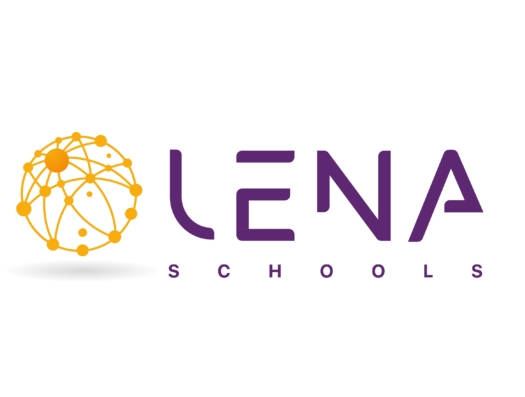Learning programming languages holds significant importance in today’s digital age. Here are some key reasons why learning programming languages is valuable:
- Problem-Solving Skills: Programming languages cultivate critical thinking and problem-solving abilities. It teaches individuals to break down complex problems into smaller, more manageable components, analyze them, and develop logical solutions. These skills are valuable not only in programming but also in various other areas of life and work.
- Career Opportunities: Proficiency in programming languages opens up a wide range of career opportunities. In almost every industry, there is a growing demand for individuals with programming skills. Whether it’s software development, web development, data science, artificial intelligence, cybersecurity, or mobile app development, having programming knowledge provides a competitive edge in the job market.
- Innovation and Creativity: Programming languages empower individuals to bring their creative ideas to life. With programming skills, one can develop applications, websites, games, and other digital solutions. It enables innovation and empowers individuals to create technological advancements that can have a positive impact on various industries and society as a whole.
- Understanding Technology: In our increasingly digital world, understanding programming languages helps in comprehending how software, applications, and systems function. It allows individuals to understand and interact with technology more effectively, making them better-equipped to adapt to new technologies and stay relevant in a rapidly evolving technological landscape.
- Automation and Efficiency: Programming languages enable automation and enhance efficiency in various domains. By automating repetitive tasks, programming can significantly reduce human effort and streamline processes. This can lead to increased productivity and improved efficiency in businesses and organizations.
- Computational Thinking: Learning programming languages promotes computational thinking, which involves formulating problems and expressing their solutions in a way that a computer can execute. This type of thinking enhances analytical and logical reasoning skills, enabling individuals to tackle complex problems and make data-driven decisions.
- Collaboration and Communication: Programming languages encourage collaboration and communication among individuals working on projects together. It facilitates the sharing of code, ideas, and best practices. By working in teams, programmers can leverage each other’s strengths, learn from one another, and create better solutions collectively.
- Flexibility and Adaptability: Programming languages provide a flexible and adaptable skill set. They enable individuals to work remotely, freelance, or contribute to open-source projects. Additionally, as technology advances, new programming languages and frameworks emerge. Learning programming languages equips individuals with the ability to learn new languages and technologies as they evolve, ensuring their skills remain relevant.
In summary, learning programming languages offers numerous benefits, including improved problem-solving skills, expanded career opportunities, fostering creativity and innovation, understanding technology, automation and efficiency, computational thinking, collaboration, and adaptability. These advantages make programming languages an invaluable skill set in the modern world.

